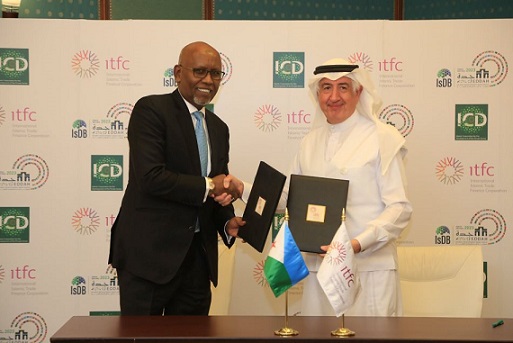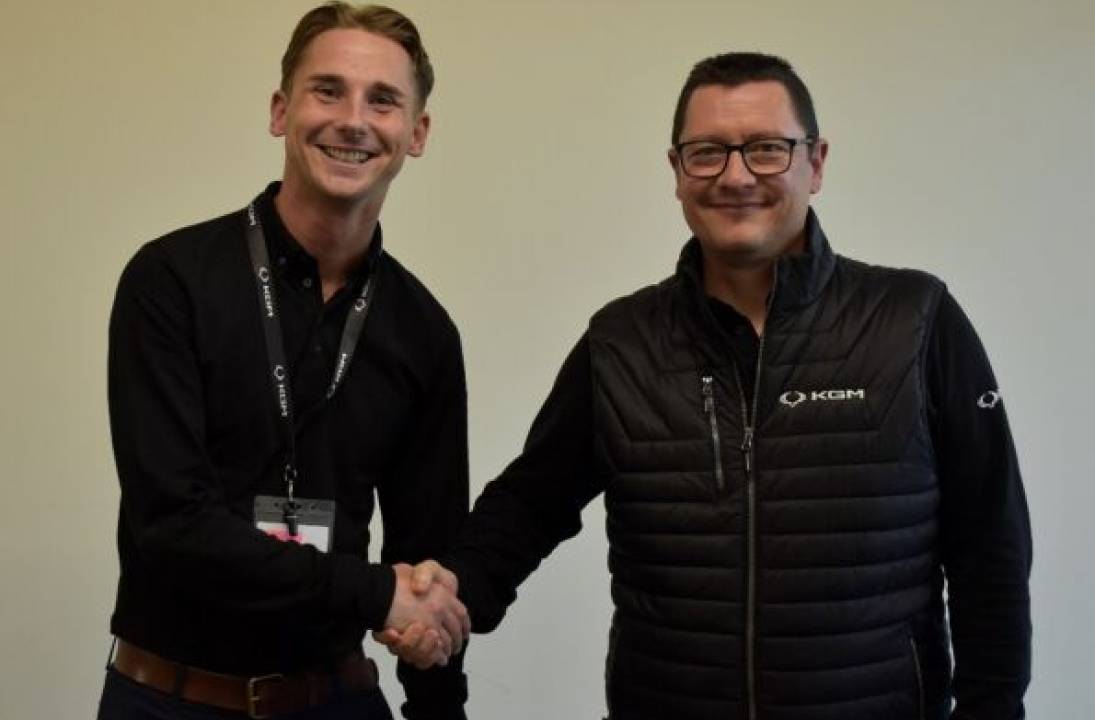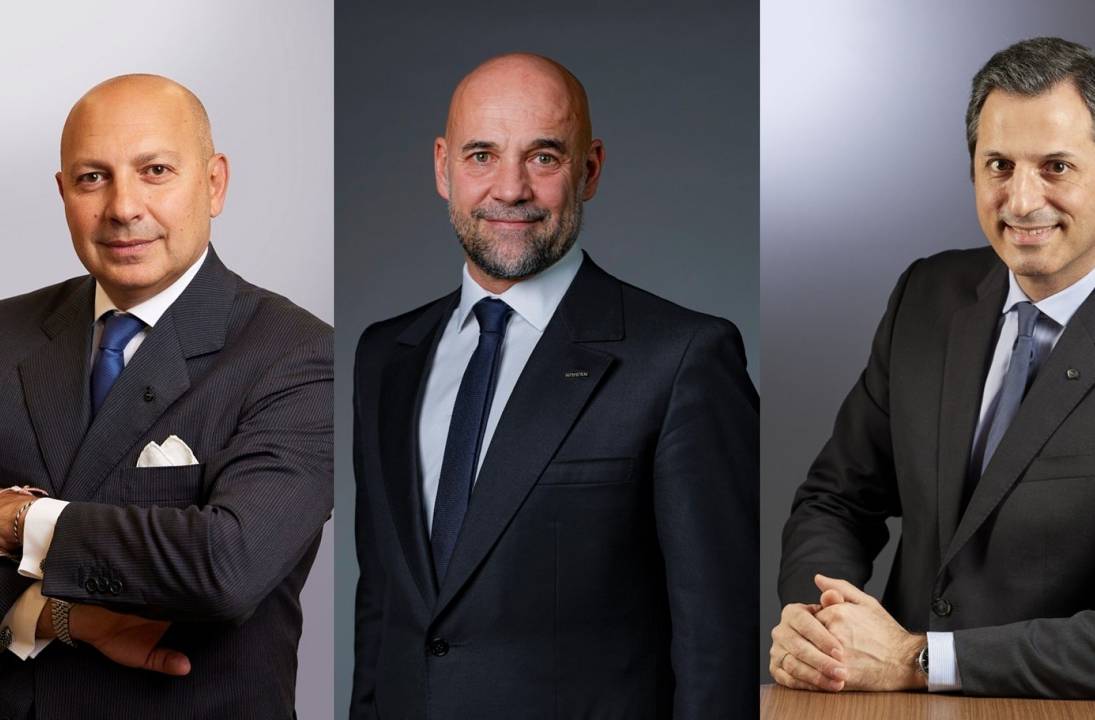
Audi centralizes responsibilities in F1 project
Audi is aligning its Formula 1 project even more consistently with the synergies and working methods of a factory team.
As Head of Audi F1 Project, Mattia Binotto will be responsible for development activities at the Hinwil and Neuburg an der Donau facilities, as well as at the future technical centre in England. As a result, Audi is bringing its operational units within the Formula 1 project under unified management and is pushing ahead with even greater integration.
With just under ten months to go before the debut in the pinnacle of motorsport, the close coordination of development activities is aimed at achieving seamless coordination between race car and powertrain. Under the overall leadership of Mattia Binotto, existing structures will be optimized and development speed further increased through higher efficiency.
Christian Foyer has joined the management board of Audi Formula Racing GmbH (AFR), which is responsible for the F1 hybrid powertrain, on May 1, 2025. He will focus on operational processes in the newly created position of Chief Operating Officer (COO).
Born in Aachen (Germany) in 1977, the graduate engineer specializing in combustion engines has been working in operations and project management for various F1 teams and manufacturers for around 18 years. Foyer will take over operational responsibility for the areas previously managed by CEO Adam Baker, who is leaving the project by mutual agreement.
“We would like to thank Adam Baker for his commitment over the past years. He played a decisive role in shaping the overall strategic concept for the entry of Audi into Formula 1 and got the development of the power unit in Neuburg off the ground,” says Gernot Döllner, Chair of the Board of Management at AUDI AG.
“With Christian Foyer, we are now bringing a proven expert in process structures in F1 powertrain development into the project. His experience will help ensure the synergistic cooperation and necessary speed on the journey we have embarked upon regarding the debut.”
To streamline reporting lines, the previous CEO role will be eliminated as part of the reorganization. Stefan Dreyer will continue to head power unit development in Neuburg as CTO and will take on the new role of spokesperson for the AFR management board.
Since the beginning of April, Jonathan Wheatley is Team Principal and Management Board Spokesperson at Sauber Motorsport AG. In close collaboration with Mattia Binotto, Wheatley is accompanying and shaping the transformation of the racing team.
His focus is on managing the race operations of the future Audi F1 Team and representing Audi at the team principal level in Formula 1's strategic forums. The Audi Group is one of the most successful manufacturers of automobiles and motorcycles in the premium and luxury segment.
The brands Audi, Bentley, Lamborghini, and Ducati produce at 21 locations in 12 countries. Audi and its partners are present in more than 100 markets worldwide. In 2024, the Audi Group delivered 1.7 million Audi vehicles, 10,643 Bentley vehicles, 10,687 Lamborghini vehicles, and 54,495 Ducati motorcycles to customers.
In the 2024 fiscal year, Audi Group achieved a total revenue of €64.5 billion and an operating profit of €3.9 billion. As of December 31, more than 88,000 people worked for the Audi Group, more than 55,000 of them at AUDI AG in Germany.
With its attractive brands and numerous new models, the group is systematically pursuing its path toward becoming a provider of sustainable, fully networked premium mobility. Audi will enter Formula 1 for the first time in 2026 with its own factory team and a hybrid drive system (“Power Unit”) developed in Germany.
The future team is based at two locations: Audi Formula Racing GmbH, which was founded specifically for the project, is developing the Power Unit in Neuburg an der Donau. Hinwil in Switzerland will be home to the development of the racing car as well as the planning and operating of the races.
In addition, there will be a technology centre in the UK. Formula 1 is regarded as the pinnacle of motorsport and, with its global reach, is one of the most important sports platforms in the world.
Another decisive factor for Audi’s entry is the new FIA regulations, which from 2026, will include sustainable fuels and increase the electric share of the hybrid drive unit to almost 50 percent.




















